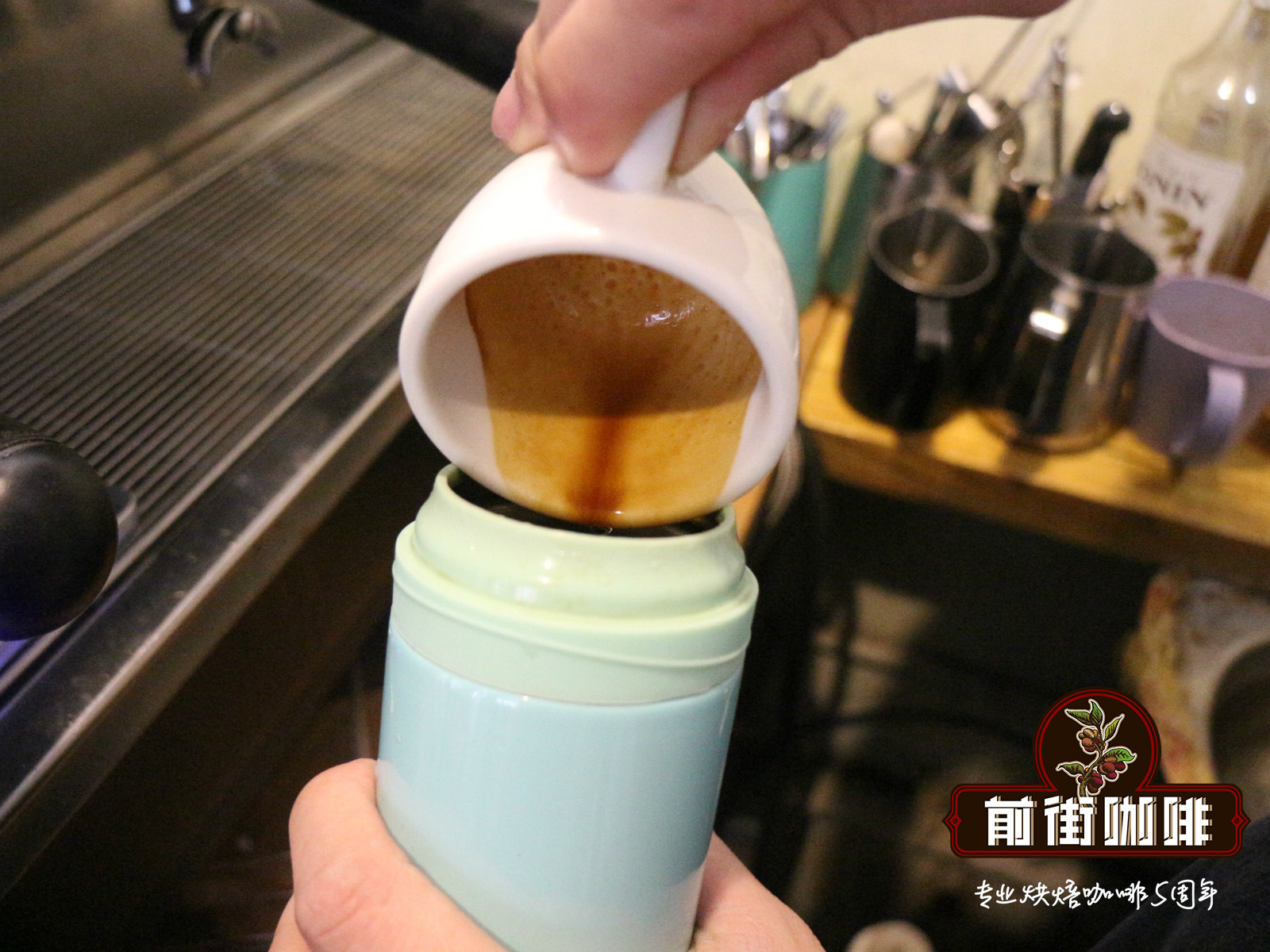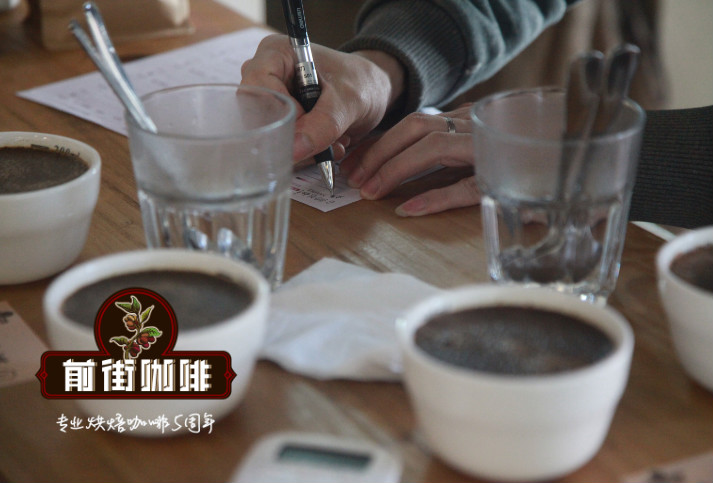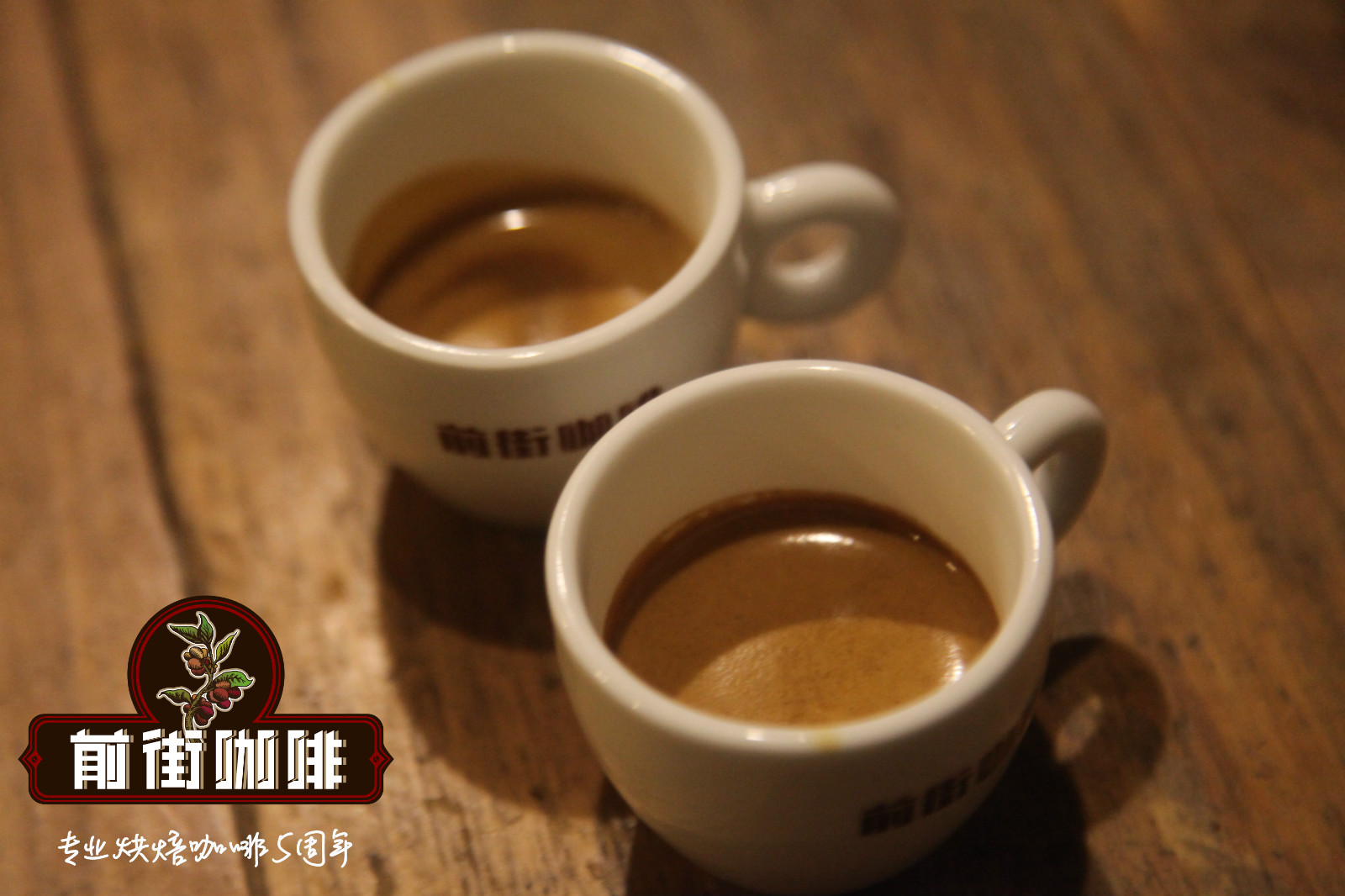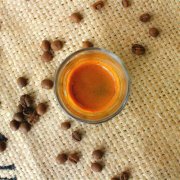Story letter from Los Catadores Cup Tester Manor in Makala Coffee region, Marcala, Honduras

Professional coffee knowledge exchange more coffee bean information please follow the coffee workshop (Wechat official account cafe_style)
Honduras "LOS CATADORES" Honey
Country: Honduras
Producing area: Marcala Makala
Manor: "LOS CATADORES" Cup surveyor Manor
Treatment: honey treatment
Altitude: 1650-1690
Variety: catuai
Aroma aroma: 9
Body mellow feeling: 8
Flavor flavor: 9
Aftertaste tail rhyme: 8
With Milk with milk: 9
The cup tests the flavor:

Blind assessment: valuated as espresso. Deeply Dark chocolate, magnolia, grapefruit zest, date, cedar in aroma and small cup. Lean, very smooth mouthfeel; chocolate-toned finish with hints of cedar.
Dark chocolate, magnolia, grapefruit, cedar aromas. The palate is soft and smooth, with chocolate flavor and cedar flavor at the end.
Chocolate notes deepen in three parts milk, with magnolia and grapefruit zest as ballast.
After adding milk, it takes chocolate as the main axis, with magnolia and grapefruit aromas at the end.
The bottom line: A solid Central America cup, especially good as an espresso shot, with pretty floral and citrus zest notes, chocolate-toned throughout.
Central and South American style espresso, beautiful floral and citrus aromas surrounded by chocolate.
Honduras is a country with a land area of about 3.1 times that of Taiwan. Coffee is mainly grown in small coffee plantations, with an annual output of about 3 million bags of coffee beans. Like many countries in Central and South America and Africa, the coffee industry in Honduras affects hundreds of thousands of families. Coffee is Arabica, the average altitude is 3600 feet, about 69% of the total yield is HG, 12% is SHG (the highest grade, planted above 4000 feet, that is, the grade to which this introduction belongs), and 19% is CS. If neighboring countries have a complete basic concept of coffee bean handling, lack of good handling, poor transport conditions, lack of funds, and do not have a reputation for distinguishing and resounding in the market. This means that even a batch of really good quality Honduran coffee beans may not be sold at a good price for the above reasons. If good goods are not sold at a good price, or even the equivalent reward, farmers lack the incentive to work hard and carefully, and processing plants and exporters are also unwilling to invest money in equipment improvement. As a result, many high-quality coffee from Honduras end up as coffee beans, giving them a mild and sweet taste, rather than being sold as beans in the producing areas alone. Obviously, this is a vicious circle. The less careful the planting, the less good handling and transportation, the lower the quality of the beans, the less likely they are to sell at a good price.

Qianjie Coffee recommends espresso production parameters:
The Pegasus coffee machine used to be used in Street Coffee as an example, the amount of double-end powder was 20-21 grams, the ratio of powder to water was 1:2, and the extraction time was 25-30 seconds.
The amount of powder per head is 13-14 grams, the ratio of powder to water is 1: 1.5, and the extraction time is 25-30 seconds.
END
Important Notice :
前街咖啡 FrontStreet Coffee has moved to new addredd:
FrontStreet Coffee Address: 315,Donghua East Road,GuangZhou
Tel:020 38364473
- Prev

Paleinema Parainema Coffee Variety from San Vicente Saint Vincent processing Plant in Honduras
Professional coffee knowledge exchange more coffee bean information Please pay attention to Coffee Workshop (Wechat official account cafe_style) Origin: Honduras Manor name: Honduras Saakastoue Family washing comes from the various nutrients in raw coffee beans in roasting, thermal degradation into various odors molecular structure, resulting in similar aroma flavor. A good coffee bean has a natural aroma.
- Next

Characteristics of La Paz Marcala Coffee production area in Makala, Honduras El Naranjo Sweet Orange Manor
For more information on coffee beans, please follow the Coffee Workshop (Wechat official account cafe_style) Sweet Orange Manor (El Naranjo) is located in Marcala, one of the most famous producing areas in Honduras. Last year, in 2016, Sweet Orange won the 14th place in the extraordinary Cup Competition, and the female owner Carmen Fabiola Fiallos Melendez ended up.
Related
- Does Rose Summer choose Blue, Green or Red? Detailed explanation of Rose Summer Coffee plots and Classification in Panamanian Jade Manor
- What is the difference between the origin, producing area, processing plant, cooperative and manor of coffee beans?
- How fine does the espresso powder fit? how to grind the espresso?
- Sca coffee roasting degree color card coffee roasting degree 8 roasting color values what do you mean?
- The practice of lattes: how to make lattes at home
- Introduction to Indonesian Fine Coffee beans-- Java Coffee producing area of Indonesian Arabica Coffee
- How much will the flavor of light and medium roasted rose summer be expressed? What baking level is rose summer suitable for?
- Introduction to the characteristics of washing, sun-drying or wet-planing coffee commonly used in Mantenin, Indonesia
- Price characteristics of Arabica Coffee Bean Starbucks introduction to Manning Coffee Bean Taste producing area Variety Manor
- What is the authentic Yega flavor? What are the flavor characteristics of the really excellent Yejasuffi coffee beans?

